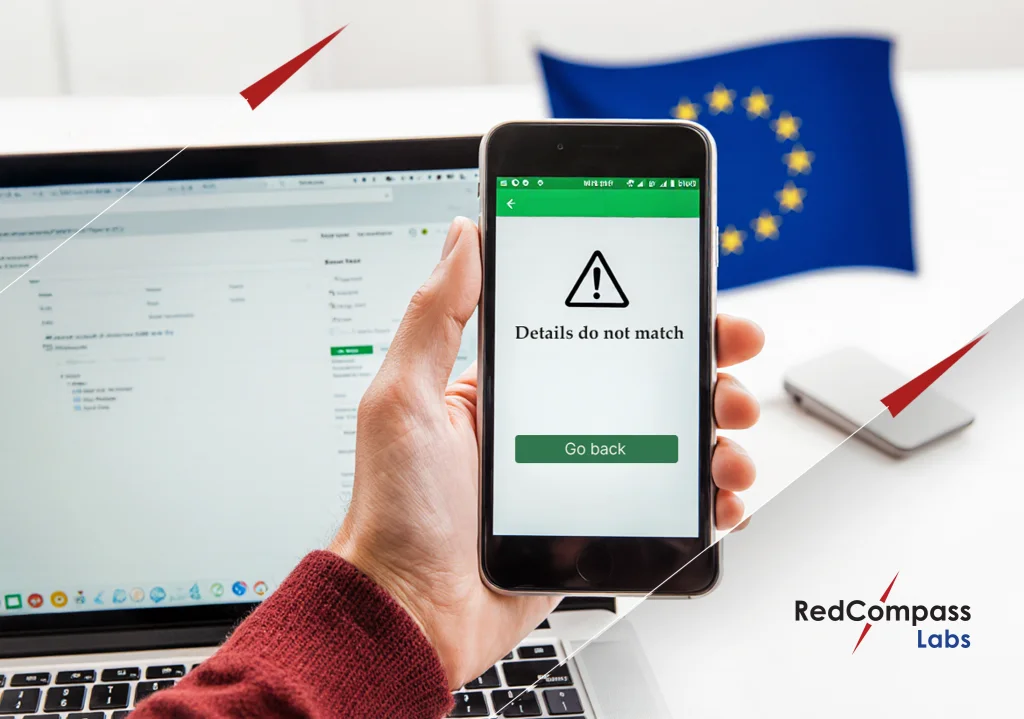Imagine if initiating a cross-border payment was as easy as sending a text? That‘s precisely what three former SWIFT employees have set out to do with iPiD. They are on a mission to radically simplify global payments with a system based on a single API compatible with existing payment rails. I think they may be onto something…
Firstly, we have seen a proliferation of domestic instant (or fast) payment schemes. Some countries have also introduced ‘proxy’ overlay services – lookup services that help find the person or company you want to pay and automatically populate the payment details.
Ok, so let’s imagine Alice lives in Singapore. Her bank has embedded PayNow (Singapore’s proxy service) into their digital banking app. She uses her friend Bob’s mobile number to pay her share of the meal they enjoyed together, she pays her phone bill using her telco’s UEN (Unique Entity Number), and when she visits the hawker centre, she scans a QR code to pay. Not an account number, bank code, branch name, debit or credit card in sight (oh, did I mention that PayNow integrates with e-money wallets too?)
These proxy services have reduced the friction of creating a payment instruction. With only a phone number or a quick scan of a QR code, the money is in the beneficiary’s account. Magic! And as an added bonus, this convenience has driven adoption. As a result, we see proxy services popping up across the globe to serve domestic payment infrastructures.
This is fantastic and all, but Singapore is a small, small country. Stand on the summit of Bukit Timah, Singapore’s tallest hill (at 163.63 meters), and you can spy with your little eye both Indonesia and Malaysia. In fact (putting the pandemic aside), crossing borders is practically a national pastime for Singaporeans.
With the borders once again opening up, Alice wants to visit her friend Carol in Thailand. Carol takes care of all the meals during their visit, the idea being that Alice can pay her share at the end of the trip. Are you ready for the next magic trick? The proxy service and instant payment schemes of Singapore and Thailand are linked! So Alice only needs to know her friend’s mobile number in Thailand to send money directly to her account, which will be credited in seconds.
This brings me to my second key point – instant payment schemes are no longer domestic; they are being linked across borders. And, they are being linked by proxy overlay services.
Technically, this is nothing new. The Single Euro Payment Area (SEPA) was introduced in 2008 for credit transfers across European countries (although that was not instant) – SEPA Instant only joined the party in late 2017. But, the countries served by SEPA share a common currency – that’s cheating!
I find the recent groundswell of initiatives linking different countries with different currencies far more exciting. By way of example P27 in the Nordics, a link between Singapore’s PayNow and India’s UPI (promised by July 2022!), the immediate cross-border payments initiative (IXB) between the US and Europe, the Pan-African Payment and Settlement System (PAPSS) and Project Nexus (being run by the BIS Innovation Hub in Singapore). And, this is list is not exhaustive – there are plenty more on the go or in the planning stages.
With instant payment schemes becoming the norm globally and those instant payment schemes starting to link across borders, we see the future of cross-border instant push payments emerging (and cards quietly exiting stage left). Let’s not forget this covers not only account-to-account payments, but also account-to-wallet (and vice versa) in jurisdictions like India and Singapore, where wallets have already been linked to the instant payment rails.
But, the one problem with the future is that it’s not here yet. If I am in Singapore and want to send a surprise cash gift to my friend in Malaysia for her birthday and don’t have her bank details, that’s a hassle. There is no cross-border instant payment link, but Malaysia does have the DuitNow proxy service for the domestic rails. If only there were a service that my bank could use to tap into the DuitNow proxy and retrieve her details to populate my payment instruction based on her phone number? Aha, iPiD to the rescue!
Where countries have implemented proxy services already, these have the potential to provide account numbers, BICs, IBANs, Sort Codes, or whatever the local scheme dictates, in a structured and secured way.
From what I understand, iPiD has developed a solution that preserves the privacy of the beneficiary, so there is no need to share account number information etc. with the sender – only the banks involved in the transaction will utilise this information for routing and settlement of the transaction. And although the payment itself might traverse the existing correspondent banking rails to reach its destination (it doesn’t actually need to use instant payment rails), at least it will do so with accurate beneficiary details pulled straight from a golden source of data.
In the good ol’ days, I used a phonebook to look up the numbers of people I wanted to call. These days when I surf the internet, the magic of the Domain Name System (DNS) helps me look up websites (and I don’t need to care about the underlying IP address).
In future, if I want to send money to my parents in Cape Town, I don’t want or need to know their account number, the name of their bank, which branch they use and what type of account they have (and its not a good idea for them to be sharing that kind of data with others either!). Like the phone books of old, that’s so…yesterday!
Great Scott, iPiD! I’m tired of living in the past; take me back to the future of payments…
Share this post
Written by

RedCompass Labs
Resources






